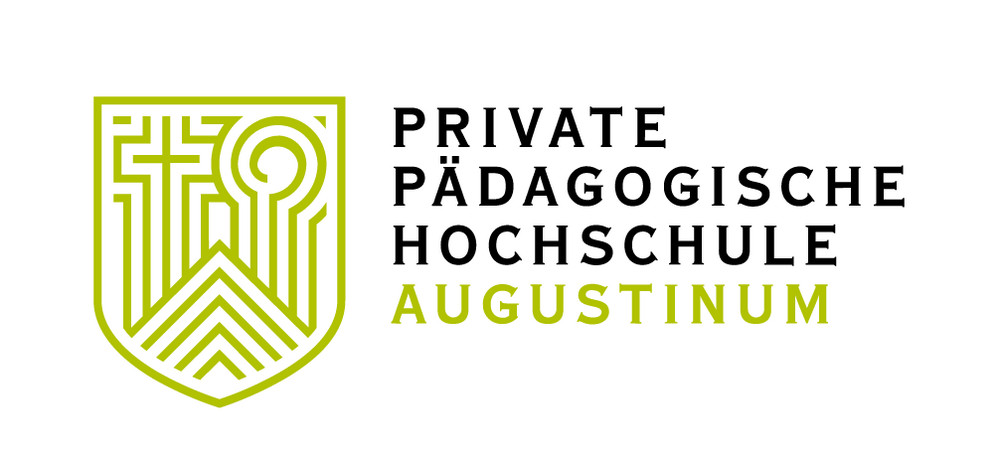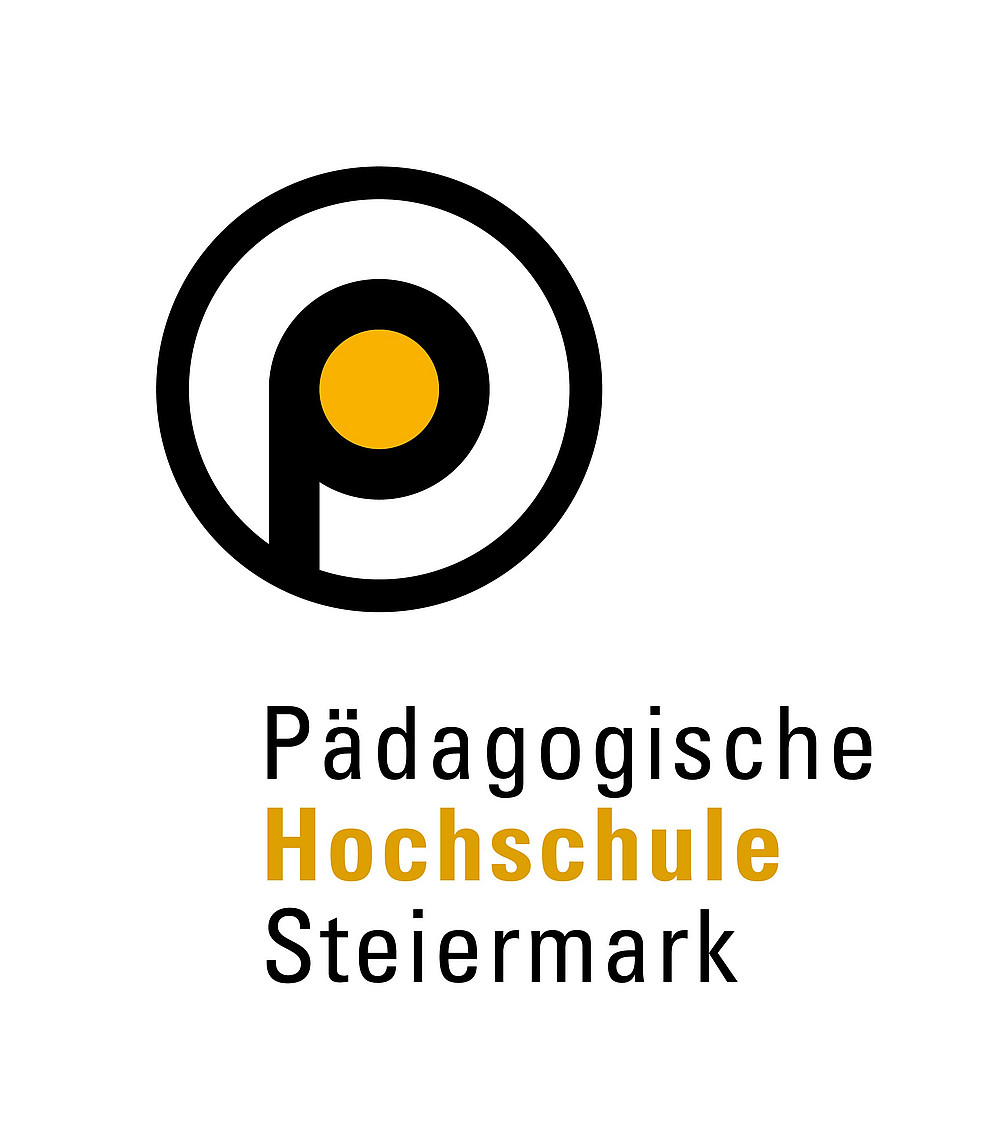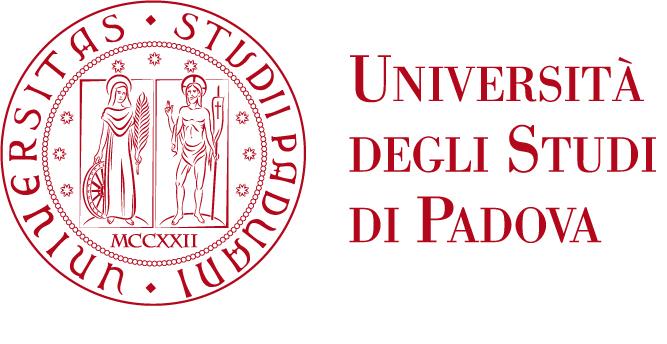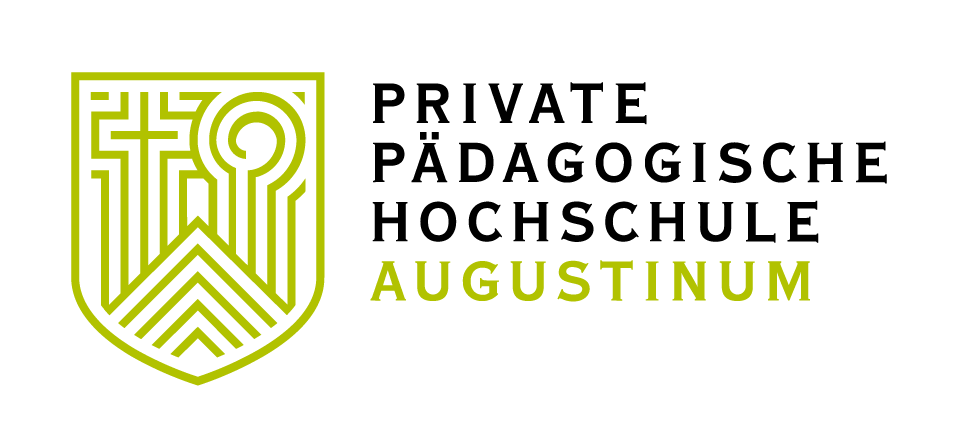EQui-T project partners and team
Univ.-Prof.in Dr.in phil. Barbara Gasteiger-Klicpera (project management)
Jessica Berger, BA MSc
Mag.a Dott.ssa Annalisa La Face
Univ.-Prof. Dr.phil. Timo Lüke
Mag.a Heidi Kinast
The University of Graz was founded in 1585. It is the second oldest university in Austria and, with 30,000 students, one of the largest higher education institutions in Austria. One of its 76 departments is the"Institute for Educational Research and Teacher Education", which focuses on evaluation research in pre-school, primary and secondary education, teacher training and innovation in teaching and learning through the use of digital technologies in education.
The Inclusive Education Unit comprises a team of seven pre-doctoral positions, two assistant professorships and one full professorship and is currently conducting research on the following topics:
- the evaluation of inclusive education in schools and other institutions
- the development of interventions for pupils with social-emotional difficulties and interventions to promote reading skills, including specifically for pupils with German as a second language
- the development of assessment tools in the areas of language, reading and social-emotional skills.
The Inclusive Education department is involved in several international and national projects as a coordinating unit and cooperation partner. Four years ago, the department founded the Research Center for Inclusive Education (FZIB) in cooperation with the University Colleges of Teacher Education in Graz.
Katharina Maitz, MA PhD
Daniela Ender, BA, MSc
Dr. MartinaKalcher, BA, MSc
The Private University College of Teacher Education Augustinum (PPH Augustinum) offers training for primary school teachers as well as further education and training for all teachers in Austria.
An essential element of the professionalization of teaching staff is also cultural education and the associated promotion of physical, mental, motivational and creative skills. Another focus of the PPH Augustinum is educational research. It has a wide range of publications and maintains national and international collaborations. PPH Augustinum staff are involved in large educational networks with partner universities in 24 countries.
Caroline Breyer, MSc Bakk.phil. PhD
Mag. Veronika Ruhry
Christina Hasenhüttl, BA, MSc.
Michaela Frieß, BSc.
The University College of Teacher Education Styria (PHSt) is a nationally and internationally recognized tertiary education and research institution for the training and further education of teachers as well as for advising schools and other educational institutions on quality development. Its internationality is based on its self-image as a university of diversity for educators, its distinction as a UNESCO University College and its focus on education for cosmopolitanism. This internationality manifests itself in the development and documentation of strategies, the promotion of student and staff mobility, the programs for educators to promote inclusion, interculturality and multilingualism as well as in numerous cooperation activities in teaching and research.
Ass. Prof. Dr. Sara Santilli
Barbara Rinaldi, MSc, PhD student
Mehmet Çağlar Akyiğit, MSc., PhD student
Prof. Dr. Laura Nota
Assoc. Prof. Maria Cristina Ginevra
Denise Zucchini, PhD student
Founded in 1222, the University of Padua is a prestigious and historic institution known for its multidisciplinary education. Its aim is to provide students with professional training and a strong cultural background. Important figures in the history of culture and science, such as Copernicus and Galileo, are associated with the university.
The university has pioneered in various fields, including the world's first botanical garden in 1545 and the inauguration of the first permanent anatomical theater in 1594, and has a rich history: Elena Lucrezia Cornaro was the first woman in the world to receive a doctorate in philosophy in 1678.
Currently, more than 65,000 people study at the University of Padua, including more than 5,200 international students. With 32 faculties, 2,200 teaching staff and numerous libraries, it offers a wide range of study programs, including Bachelor's and Master's degrees as well as individual courses. The university enjoys an excellent reputation for teaching, research and student support, and has an impressive record of academic research and publications.
The university is geared towards today's needs and offers degree programs in environmental sciences, food safety and hygiene, and pharmaceutical biotechnologies.
In addition, motivated students can apply for admission to the Galilean School of Higher Education, which admits only 30 students annually through a selective process for challenging courses and specialized services. Overall, a degree from the University of Padua reflects the institution's commitment to meeting the current needs of the environment, consumers and research in a variety of disciplines.
Prof. Catalina Jiménez Hurtado, PhD (Professor)
Dr. Cristina Álvarez de Morales Mercado, PhD (Senior Lecturer)
Dr. LauraCarlucci, PhD (Senior Lecturer)
Dr. María José Rodríguez Fórtiz, PhD (Senior Lecturer)
Dr. María Luisa Rodríguez Almendros, PhD (Senior Lecturer)
Dr. Emilia IglesiasFernández, PhD (Senior Lecturer)
Dr. María Visitación Hurtado Torres, PhD (Senior Lecturer)
Dr. Rosario Arroyo Gónzalez, PhD (Senior Lecturer)
Dr. Silvia Martínez Martínez, PhD (permanent lecturer)
Dr. Antonio Javier Chica Núñez PhD (permanent lecturer)
Dr. María Olalla LuqueColmenero, PhD (junior lecturer)
Dr. María Asunción Pérez de Zafra Arrufat, PhD (junior lecturer)
Silvia Toribio Camuñas, MA (Research Assistant in the doctoral program)
Vicente Bru García, MA (Research Assistant in the doctoral program)
Carlos Navas Vallejo, MA (Research Assistant in the doctoral program)
Celia Barnés Castaño, MA (Research Assistant in the doctoral program)
The University of Granada plays an important role in the field of education and research in Europe. Founded in 1531, it is one of the oldest universities in Spain and has been a beacon of knowledge and culture throughout its history.
It has excelled in various fields of study, including the humanities, social sciences, natural sciences and technology. Its commitment to research and innovation has led to numerous scientific advances and significant contributions in a variety of fields.
In addition to its academic importance, the University of Granada has also contributed to the cultural and social enrichment of Europe through its exchange programs, which attract students and scholars from all over the world. Its diversity and focus on internationalization have strengthened its position as a reference center in European higher education.
The University of Granada is the second Andalusian institution to have received the most funding from the European Horizon 2020 program for research, development and innovation. It continues to stand out with dozens of European research and development projects.
Kairit Tammets
Linda Helene Sillat
Kristin Parve
The University of Tallinn is a modern and dynamic research university in Estonia that plays a leading role in promoting smart lifestyles through education, research and interdisciplinary collaboration. Its concept of smart lifestyles encompasses research-based decisions to improve society and the well-being of its citizens. The university is actively involved in numerous projects with the European Commission, EU regional programs and the Erasmus+ program, both as a leader and a collaborator. With agreements with 38 partner universities in 19 countries and over 400 Erasmus+ partnership agreements, the university is well connected internationally. It is also a member of four international networks of higher education institutions, and its researchers and lecturers actively contribute to professional networks.
Prof Fazilat Siddiq, PhD
Assoc. Prof. Liv Lofthus, PhD
Assoc. Prof. Caroline Cruaud, PhD
Assoc. prof. Anna Steen-Utheim, PhD
Cecilie Kristoffersen, senior consultant eDU
The University of South-East Norway (USN) is the fourth largest university in Norway and was founded in May 2018. It employs 1,900 staff and offers education to around 17,000 students. USN has eight campuses spread across the southeastern part of Norway. The USN has four faculties: the Faculty of Health and Social Sciences, the Faculty of Humanities, Sport and Education, the Faculty of Engineering, Natural and Marine Sciences and the Faculty of Business and Economics. Students at USN can study full-time or part-time, on-campus or online. USN offers more than 300 Bachelor's and Master's degree programs.













